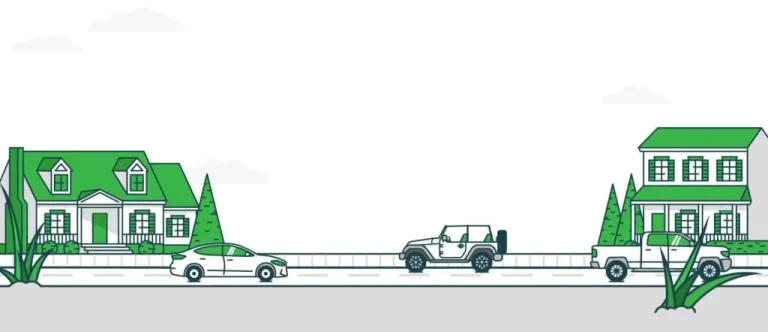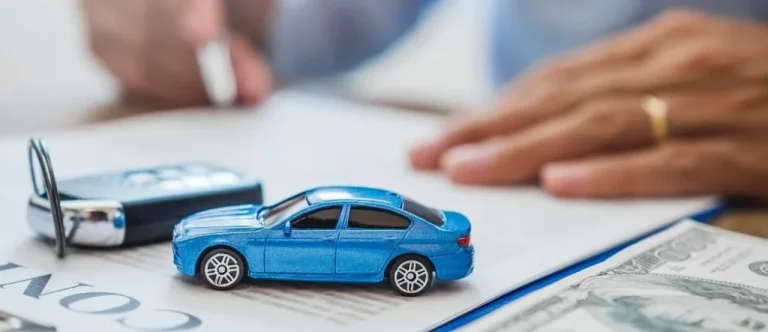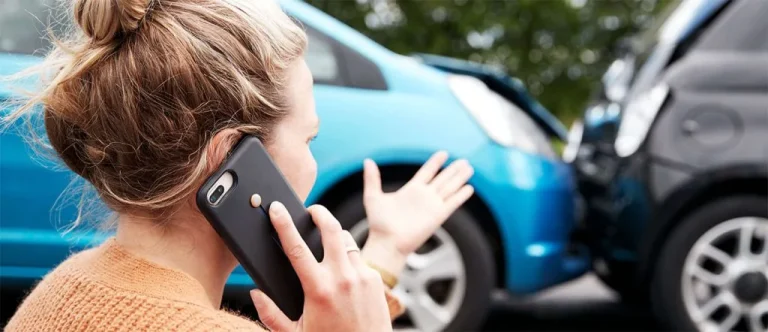Driving without insurance in the Garden State is illegal, with various penalties and consequences for those who fail to comply with the law. The legal penalties associated with driving without adequate coverage will vary depending on the severity and frequency of the incident.
The legal penalties associated with driving without sufficient coverage are just the beginning of the consequences of the crime. Let’s check out how you can ensure your New Jersey auto insurance policy meets the minimum requirements in the state, what may happen to those who fail to comply with the mandatory auto insurance minimums, and the other nuances of driving without coverage in the Garden State.
The Risks of Driving Without Insurance in New Jersey
When it comes to car insurance, New Jersey drivers must ensure their policies always meet the state’s minimum requirements, as driving without sufficient coverage is illegal. Those who fail to maintain an adequate policy may face hefty fines, license and registration suspension, or jail time, among other penalties. While many states have a one-size-fits-all minimum policy, New Jerseyans must select from two types of policies and abide by the mandatory minimums for the policy they select.
New Jerseyans can choose from a basic policy or a standard policy. A basic policy is the closest one may get to a bare-bones policy, as drivers with basic coverage are only required to have $10,000 in bodily injury liability per accident, $5,000 in property damage liability per accident, and $15,000 in personal injury protection (PIP) per accident.
Auto insurance laws in the Garden State require drivers with a standard policy to have at least $25,000 in bodily injury liability per person, $50,000 in bodily injury liability per accident, $25,000 in property damage liability per accident, the same 25/50/25 limit of uninsured and underinsured motorist coverage (UM/UIM), and $15,000 in PIP. Those who lease or finance their vehicles may be required to carry comprehensive and collision coverages.
Drivers who fail to meet the coverage minimums dictated by the law or their policy are considered uninsured. Those who fail to meet the minimum coverage requirements aren’t only at risk of facing legal penalties for breaking the law but also risk their safety and financial status each time they get behind the wheel.
New Jersey is a no-fault state in which drivers with standard policies can choose a full or limited tort option. This means drivers must carry PIP to cover any medical expenses they may incur following an accident, regardless of who caused it. Plus, drivers retain control over the situations in which they can and can’t sue the at-fault party. Should a driver have a full tort option on their policy, they can sue the at-fault driver for a range of damages following the accident.
Drivers who choose not to comply with the auto insurance laws in the state put themselves at risk of serious financial consequences on top of the legal penalties. While it may be tempting to forgo a policy in the name of short-term savings, it’s essential to note that drivers with a poor insurance history likely won’t qualify for the cheapest policy in the state.
New Jersey is one of the country’s most expensive states for auto insurance, which makes it difficult for good and bad drivers alike to find an affordable policy. The average full coverage policy in the state costs about $1,900 annually, which is about 15% more than the national average of about $1,670 annually. While that may seem costly, keep in mind that a minimum coverage policy generally costs about half the amount of a full coverage policy in premiums. However, it’s worth noting that it’s far easier to budget for a premium than to take on the significant expenses that come with one traffic incident while uninsured.
The legal penalties alone should be enough to drive most away from failing to comply with the mandatory insurance minimum. However, one must also consider the legal defense fees, financial consequences, and uptick in premium costs as other consequences of driving uninsured.
What Is the Penalty for Driving Without Insurance in New Jersey?
For driving without insurance in New Jersey, the penalty may be a fine, license and registration suspension, vehicle impoundment, jail time, or a combination of penalties. While there are various legal penalties for the crime, there are also several financial risks and consequences for failing to abide by the mandatory insurance laws in the state.
Drivers may face fines ranging from $300 to $5,000, license or registration suspension for up to two years, community service for up to one month, or up to 14 days of jail time. The penalty a driver receives will depend on the severity and frequency of the crime.
Generally, if a driver has a clean record, accidentally lets their policy lapse for a day, and is involved in an accident on that day, their legal penalty will likely be lighter than others with a poor driving record or insurance history.
While legal penalties are surely no joke, some considerable financial risks and consequences come with driving without insurance, too. Namely, uninsured drivers will be on the hook for all medical expenses once the injured party’s insurance coverage runs out. Depending on the injured party’s tort option, an uninsured driver may face significant legal defense fees should the victim pursue legal action for damages following an accident.
If risking financial ruin by getting behind the wheel while uninsured isn’t enough to sway drivers to maintain at least a minimum coverage policy, drivers must also consider the significant increase in premiums for years to come.
Insurers base one’s premiums on the risk of filing a claim they carry. If a driver is considered high-risk, meaning they’re likely to file a claim, insurers will compensate for such risk by charging them higher premiums. While high-risk drivers in the Garden State don’t risk filing for an SR-22 form like those in some other states, they face above-average premiums. Often, drivers who fail to comply with insurance laws face premiums that cost double or even triple the average premium in the state. For New Jerseyans, one incident driving uninsured could mean annual premiums of about $4,000 for several years.
While budgeting for car insurance can be difficult and may mean some compromise, it can be the difference between financial safety and disaster. Making room in your budget for an auto insurance premium, especially with a policy from one of the state’s top insurers, is often much easier than saving for a worst-case-scenario accident.
What Happens in an Accident Without Insurance in New Jersey?
In the event a driver causes an accident while driving without insurance in New Jersey, a ticket is likely the best outcome of the situation. The uninsured driver will likely receive a legal consequence that matches the severity of the incident. So, if the incident is a small fender-bender and it’s the uninsured driver’s first offense, the legal penalty will likely be mild compared to an incident that results in a more severe accident.
Should an uninsured driver cause an accident and be injured in that accident, they’ll be on the hook for their own medical expenses, plus those of the other party, once they max out their insurance coverage. If the uninsured driver isn’t injured but the victim is, the uninsured driver will have to pay the injured victim’s medical expenses and the vehicle repairs both parties require following the accident.
Should an uninsured driver be the victim in an accident with an insured driver, they’ll invoke the at-fault party’s liability coverage to cover their medical expenses and vehicle repairs until they reach the policy limit. Then, they’ll likely be on their own for the remaining expenses, as uninsured drivers have limited ability to sue other drivers for damages.
How To Get New Jersey Auto Insurance Quotes
If you’re ready to bind a policy that meets the Garden State’s minimum limits so you can avoid the consequences of driving uninsured, the best way to embark on your journey is to get and compare quotes online. By getting and comparing quotes online, you can ensure your policy meets your needs and your budget, so you can still have some savings left over for an excursion to Atlantic City.
Luckily, you’ve come to the right place for quotes. Here at Clovered, we have a free quoting tool you can use to access and analyze your quotes in minutes. If you’d rather chat with an agent, you can contact one of our licensed agents at 833-255-4117 or agent@clovered.com.
The editorial content on Clovered’s website is meant to be informational material and should not be considered legal advice.




